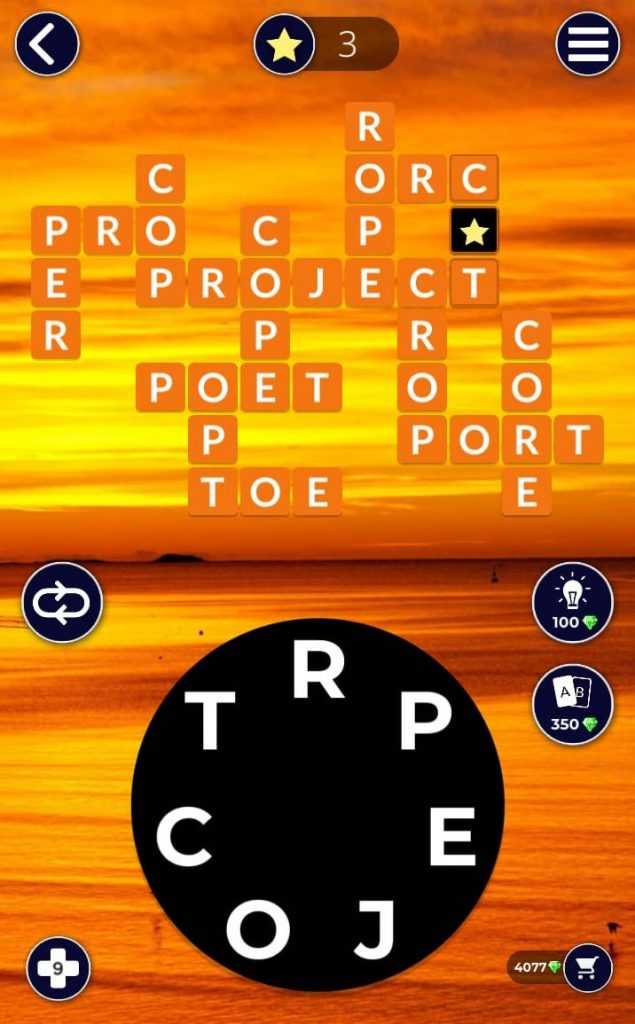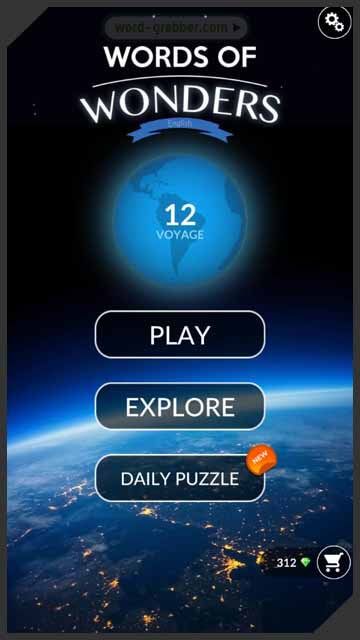

I was wondering if I could have the day off tomorrow. I was wondering if you could help me with my project.

We can also use the verb wonder with the past progressive form (was + ing) as an introduction to a very polite request. It looks very expensive.Ĭheryl invited us over for dinner on Saturday night. Kate was supposed to come to my party, but she didn’t. It is used when we ask ourselves a question about something we want to know about. While the game is likely to have more of a niche following than the more general Candy Crush Saga or Bubble Witch Saga (as examples), word game fans should definitely give this one a shot.For today’s blog entry, I’d like to write about the verb “wonder”. Since the game is so new, it's unlikely that a single player even has four friends that have tried the game, so it's easy to get stuck for quite some time if you're unwilling to pay real money to continue on.Įven though this issue slows down early progress within the game, Words of Wonder is still an incredibly entertaining Facebook game that balances its challenge with tons of power-ups, lovely graphics, and multiple gameplay modes that stop the experience from feeling too repetitive. For instance, after you've passed Level 15, the next 15 levels are locked until you've earned the help of four friends. Each time you fail a level, you'll lose a life (actually represented by 10 energy points), but successfully completing stage after stage will allow you to plow through whole sections of the map until you run into some other kind of barrier. Thankfully, you'll have six lives at your disposal at the beginning of each play session. You'll be given plenty of these for free, but once they're gone, you'll need to shell out real money to continue using them. One may allow you to destroy a single letter tile that's in the way, while another may shuffle all of the tiles on the board. Instant power-ups are available for purchase, and many of these can solve your problems. The game becomes especially challenging when vowels never fall into large groups of consonants, or when an ink tile is resting in a row that's jutting out from the main game board.

Even with these power-ups, it's definitely possible to fail levels, even if you're confident in your word-creation abilities. One may see a small group of surrounding letter tiles destroyed, while another sends a bolt through the entire column, row, or both, knocking out any letter tiles in its path. Once you create a word with four or more tiles, you'll receive power-ups that activate all sorts of bonuses. Words must contain at least three letters, and the more complex the word, the more points it's worth. The level design here offers everything we've come to know and love from Candy Crush Saga, but amps up the challenge by giving us letter tiles rather than general symbols. Finally, the last main game type sees you dropping quills from the top of the screen to the bottom, all by forming words with the tiles that rest below them. There are even levels where tiles have been covered in "ink" that must be removed by making a match on top of them. In this way, the game mixes the experience of playing a game like Boggle with the easy pick-up-and-play design of other popular Facebook puzzle games, and it's just as fun to play.Įach level comes with a different goal, from making words with a certain number of tiles to earning as many points as you can within a set time limit. Words of Wonder instantly feels familiar, as it's designed similarly to games like 's Candy Crush Saga, only instead of making matches of symbols in each stage, you're asked to form words using randomized letter tiles. Now that the game has been live on Facebook for a few days, we've found that it's incredibly hard to stop playing, until the game forces you to. Earlier this month, we took a brief look at Words of Wonder, Disney's newest Facebook game that challenges players to bring color back to a storybook by creating words one level at a time.


 0 kommentar(er)
0 kommentar(er)
